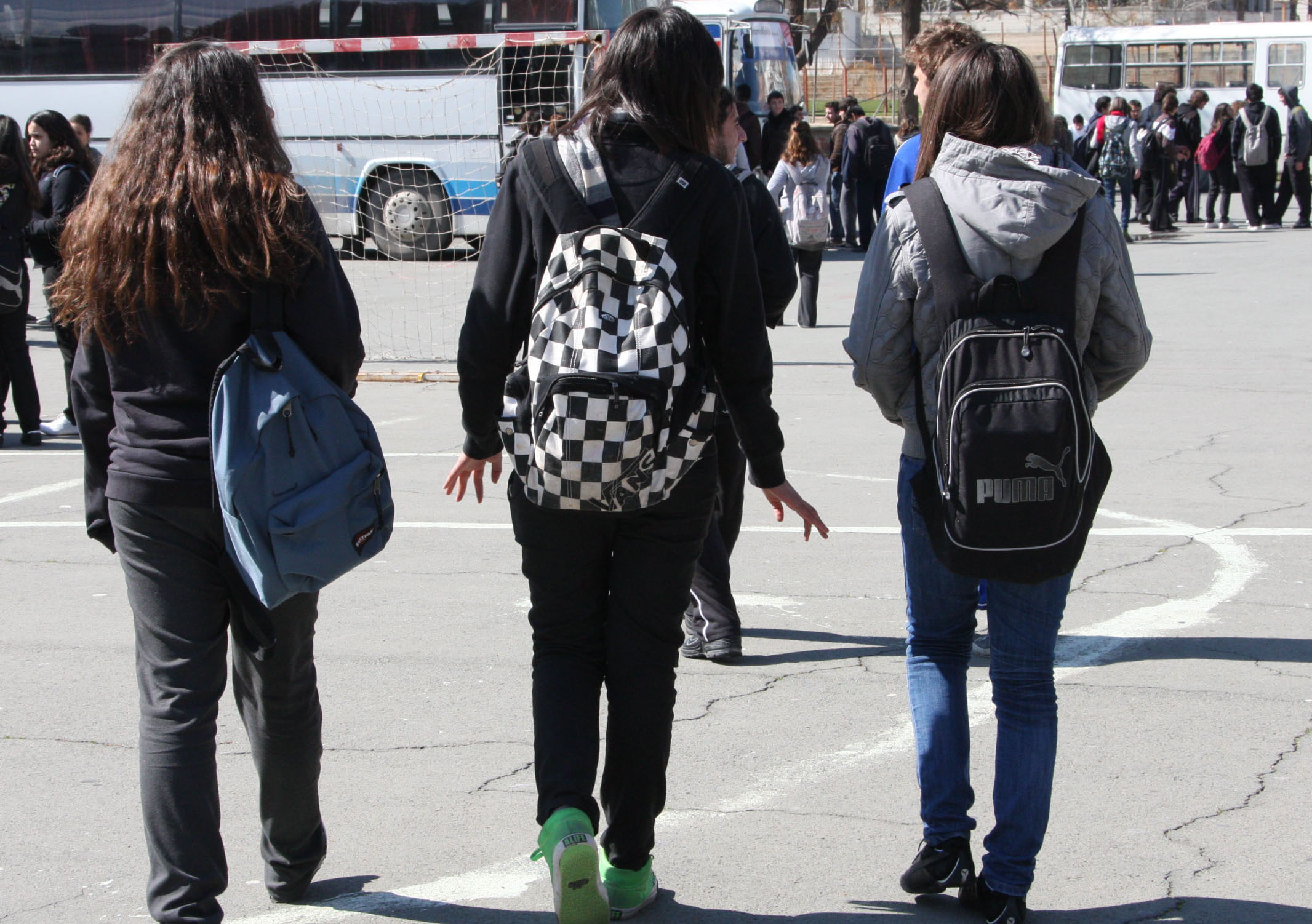“Shock at education committee: even rumours about human trafficking between students,” read a click-bait headline on a news website on Thursday. A newspaper was even clearer with the headline about the same issue – “Student-pimps ‘sell’ their fellow (female) students.”
Had public schools suddenly turned into brothels without anyone realising? A more likely explanation is that the House education committee turned into a venue for cheap gossip, or as one headline politely refers to it, “rumours.” How did the issue of student pimps come up at Wednesday’s education committee?
A teaching union official stated that there had been a lot of discussion of the phenomenon in Europe and there was information about “students who sell their classmates.” The head of the association of social workers, who was also present, said there were such cases in Cyprus as well. And a little later, the House education committee president, Pavlos Mylonas, confirmed the existence of the rumour, by saying such reports had also reached him on occasions.
Apart from the pimping, the use of substances (no mention what type) was rampant at schools, it was said. Deputies and teaching union bosses cited the 70 minors who had been sent for treatment in the last three years, according to the Drug Squad, Ykan. Union bosses said this was a very small number in their experience, while deputies claimed they were receiving reports about this problem almost daily.
Everything said at the committee was gossip. Not a shred of evidence was provided by anyone speaking. Perhaps the scare-mongering gossip was necessary to support the idea of having social workers at schools, the issue for which the meeting was called. And there was also a representative of the association of psychologists who claimed 18 per cent of students were facing psychological problems. There were only 66 educational psychologists at the education ministry, each covering 1,800 students. This was no way near enough and more had to be hired, the committee was told.
If the ministry allocated a small budget to hire social workers and strengthen the educational psychology service, it would save hundreds of thousands of euros in the future, said Giorgos Metaxas on behalf of the psychologists’ association. The way to solve all the problems at schools was through prevention, said a union boss, and explained there would be effective prevention “by hiring the necessary number of experts.”
The crude scaremongering was followed by the obvious solution – placing more people on the public sector payroll. Are we sure that 18 per cent of children at schools – one in five – have psychological problems? What constitutes a psychological problem? Are we inventing imaginary mental health issues among schoolchildren, who also allegedly engage in pimping, in order to hire more experts? We hope all this will not pressure the education ministry into hiring more experts, because policy must not be shaped by gossip.






Click here to change your cookie preferences